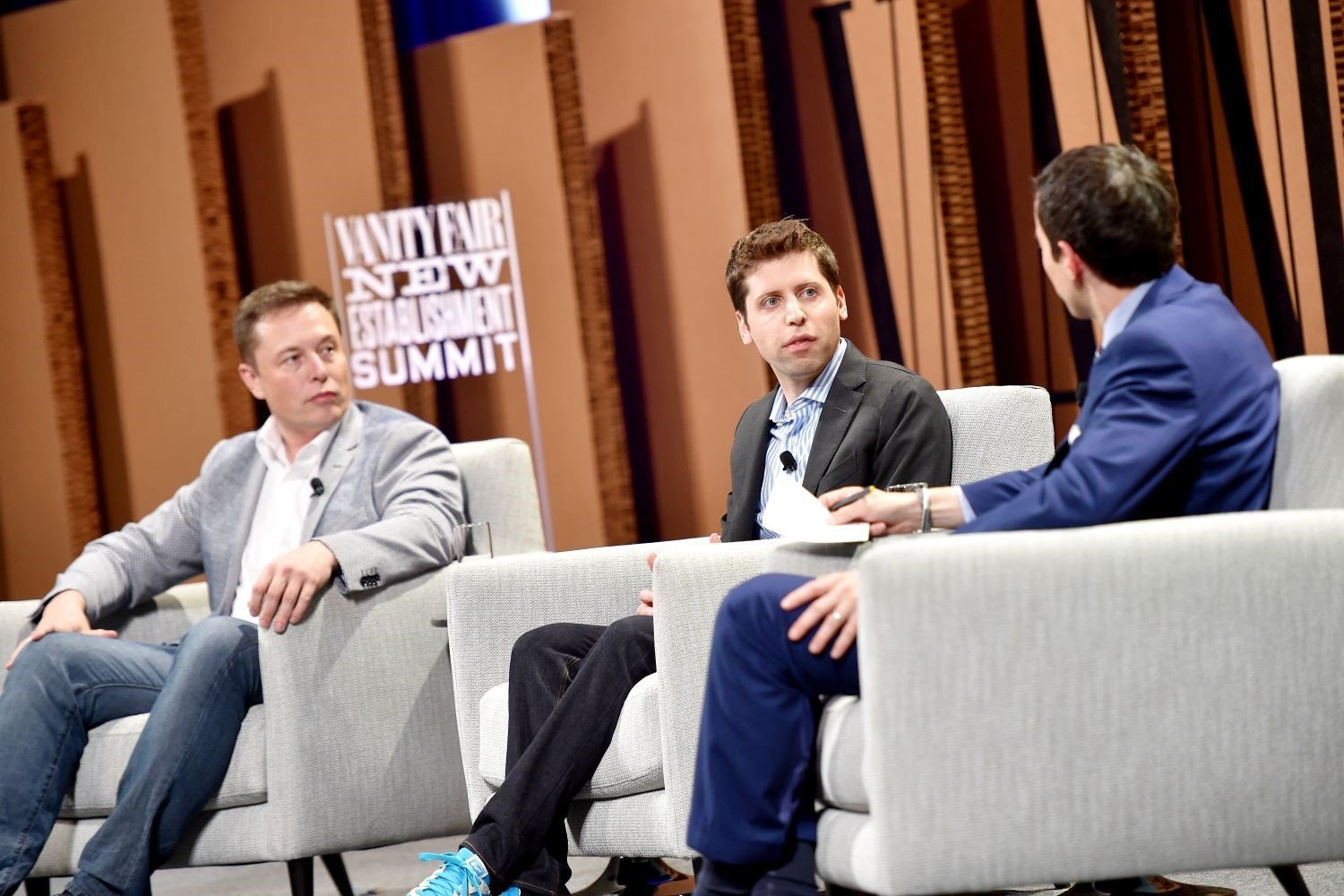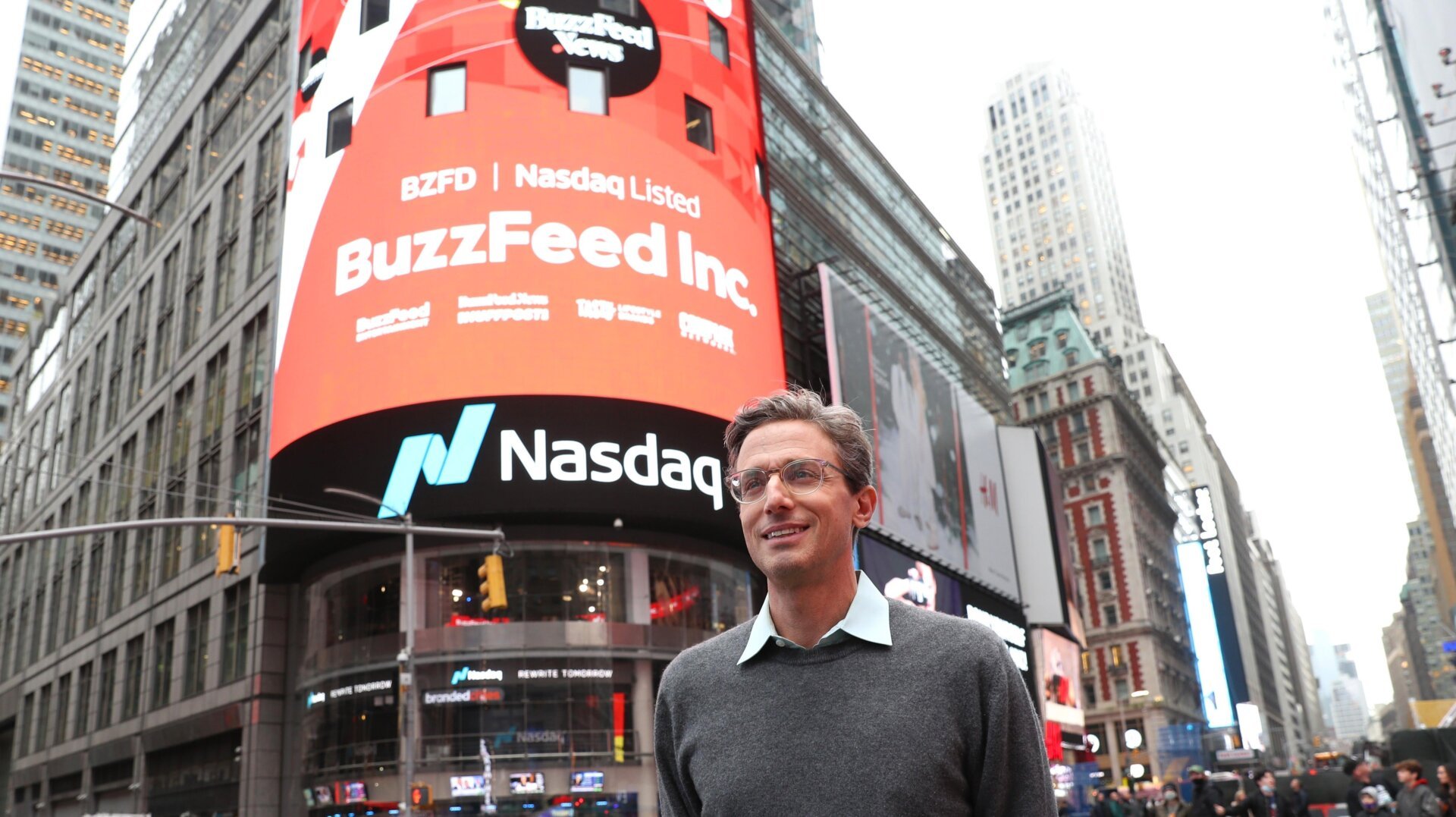Generative AI tools are rapidly transforming the workplace, promising increased efficiency and productivity. However, a recent study by Microsoft and Carnegie Mellon University suggests a potential downside: over-reliance on these tools may lead to a decline in critical thinking skills. Instead of AI replacing humans outright, we might inadvertently diminish our own abilities by becoming too dependent on imperfect tools.
This research explored the impact of AI on 319 knowledge workers, individuals whose jobs primarily involve handling data or information. Participants self-reported their usage of generative AI, detailing the tasks they performed, how AI assisted them, their confidence in the AI’s capabilities, their ability to evaluate AI-generated output, and their confidence in completing tasks independently without AI.
A clear pattern emerged: the more confident workers were in the AI’s ability, the less they engaged their own critical thinking. They reported a “perceived enaction of critical thinking” when relying on AI, highlighting the potential for over-reliance without proper scrutiny. This trend was particularly pronounced with lower-stakes tasks, where individuals were less inclined to be critical. While this might seem harmless for mundane tasks, the researchers cautioned about the potential for “long-term reliance and diminished independent problem-solving.”
Conversely, when workers had less confidence in the AI, they were more likely to engage their critical thinking skills. This, in turn, led to greater confidence in their ability to evaluate and improve upon AI-generated output.
Another significant finding was the decreased diversity of outcomes produced by users with access to generative AI compared to those without. This is understandable, as AI tools are limited by their training data and can only generate outputs based on that data. Researchers suggest this lack of diverse outcomes could signify a “deterioration of critical thinking.”
While acknowledging the potential efficiency gains of AI, the study raises concerns about the associated costs. By relying on AI, workers risk losing the skills honed through independent task completion. They outsource not only the work itself but also the critical engagement with it, assuming the machine has it covered. This raises the possibility of a self-fulfilling prophecy: those worried about being replaced by AI might inadvertently contribute to that outcome through uncritical reliance.
In conclusion, the study highlights the importance of a balanced approach to AI integration in the workplace. While AI tools offer valuable support, maintaining and strengthening critical thinking skills remains crucial. Over-reliance on these tools may lead to a decline in these essential skills, ultimately hindering professional development and problem-solving abilities. Finding the right balance between leveraging AI’s capabilities and nurturing human ingenuity will be key to navigating the future of work.











